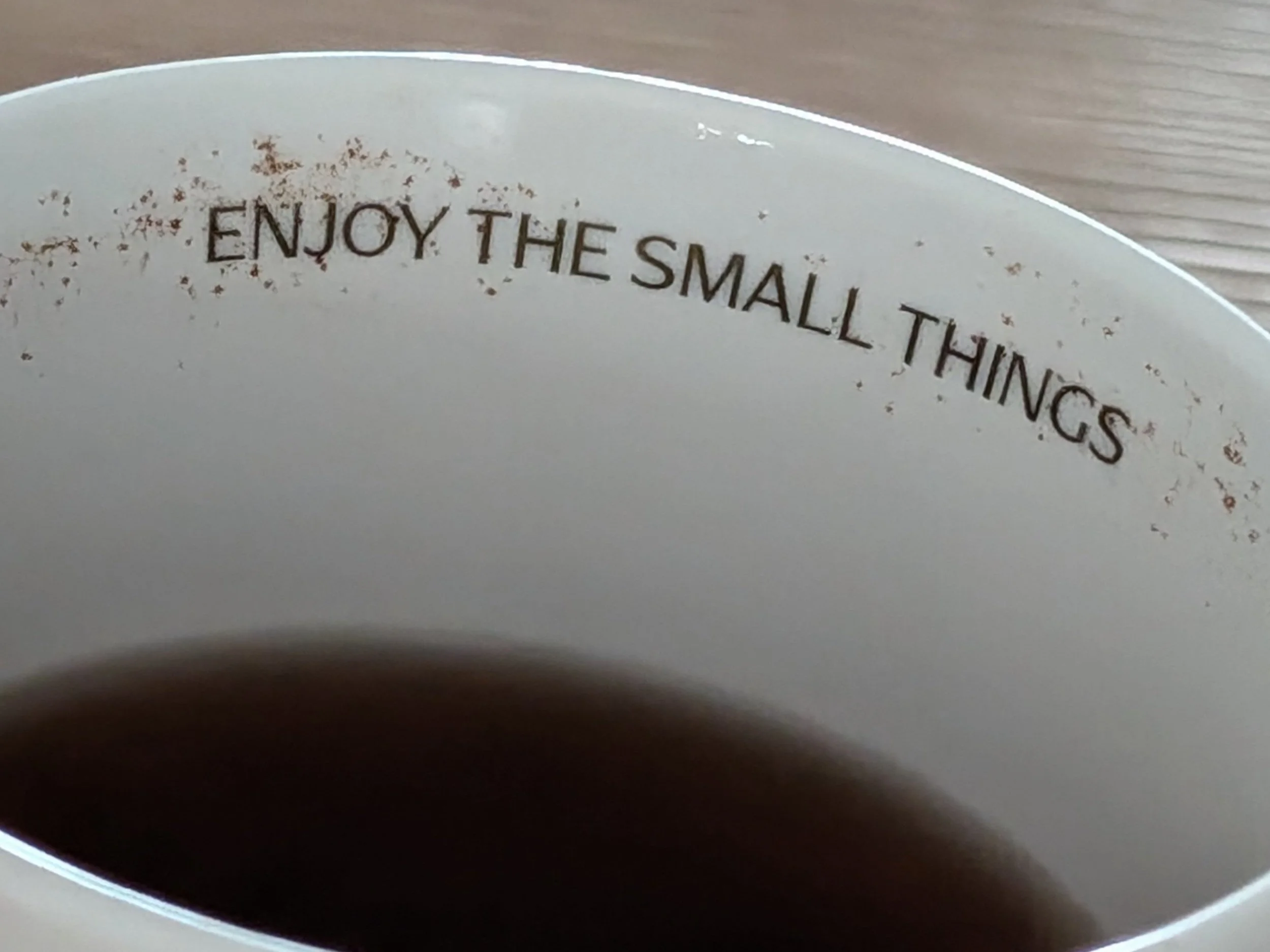Cinnamon Tea
I’d like to talk about cinnamon tea.
On days when one wakes up crying, feeling particularly sad, lost, or even a little hopeless, sometimes the best thing you can do is just go about your day anyway. Sure, yesterday was a little spicy and a little stressful, but today is not yesterday. However, it might be a good idea to take things slow, not in the sense that you do less, but rather, notice more.
I make myself get up. I make a cup of coffee. I savor each sip as I start to do what I’m supposed to do that day: write. I write. Hours pass, and I start to feel dazed and empty. Why? Oh right, it’s 2pm. I should probably eat lunch. I eat. I drink water. Working out sounds terrible, but I do it anyway. A slow flow is good for a day like today. Practice mindfulness. Enjoy the unwinding of the body and mind that gentle movement promotes. Do a few chores. Okay, done. I’ve done what I’m supposed to do. The sadness and emptiness returns. Now what? Well, a cup of tea sounds nice. What kind of tea? I want something different. I have all this cinnamon. How do I make cinnamon tea? Boil cinnamon. Go figure. I boil it. I pour it into a mug. I add honey because cinnamon is a completely different substance if you don’t add a sweetener.
Take a whiff. What was once spicy is now simply spiced and sweet. Every sip feels magically calming and uplifting, like the best hug ever. I carry that feeling as I go get the mail. I stand awkwardly on the sidewalk, in the sliver of sunlight between buildings. It doesn’t matter who passes by. I close my eyes and soak in the sun just for a moment. Go back. Sip more tea. Let its warmth and good greetings fill me once again. Observe the soft light coming in through the window. I take time to pause. I’m feeling better now. Can’t say I’m surprised. I’ve written a free verse poem about stillness. I should remember what it does by now, but every time it happens, I’m taken by surprise. Moments of stillness are where realizations happen.
What did I realize today? Up until now, I feel like I’ve been “playing” adult - when I had my tech job, when I got my first apartment, when I got married, when I moved to Kansas City, when I moved to Florida, when I quit my tech job, when I got married again, all big life markers. But even in simple outings too. I’d see a couple post a photo of themselves out at dinner on a Friday night, and though I didn’t realize it at the time, I saw that couple differently than I saw myself. It’s like that feeling when you’re in high school watching a movie about people in high school, but you’re like “wow, they seem so much older than me.” (I mean, the actors playing high schoolers are usually in their twenties, but that’s beside the point).
Why? I’ve told myself for a long time that I didn’t care what people thought of me. In general, that was true, but it did not apply to those closest to me. I still cared so much about what they thought and their expectations of me. I never showed it, but I’d let their words weigh on me so heavily, let them echo in my mind for years, and make conscious decisions to not be like what they said they didn’t like, or on the contrary, be like what they said they did like, even if it didn’t necessarily fit me. Someone told me at some point that the thing about criticism is that while you should generally always consider it, you don’t always have to take it. It’s something I didn’t understand until now. This realization, like all realizations, caused a shift. After the shift, there was freedom and self-comfort to be found, and the art of not giving a f**k.
Writing about the little things brings life into a scene and the story. Noticing the little things brings life into you. It makes you appreciate the little things and feel gratitude. What you hold on to can hold you back. If the scene doesn’t work for the story, cut it out and let it go. If the feedback doesn’t fit, shed it. Boil it.
…And make some cinnamon tea. Don’t forget the honey.
-Seena
